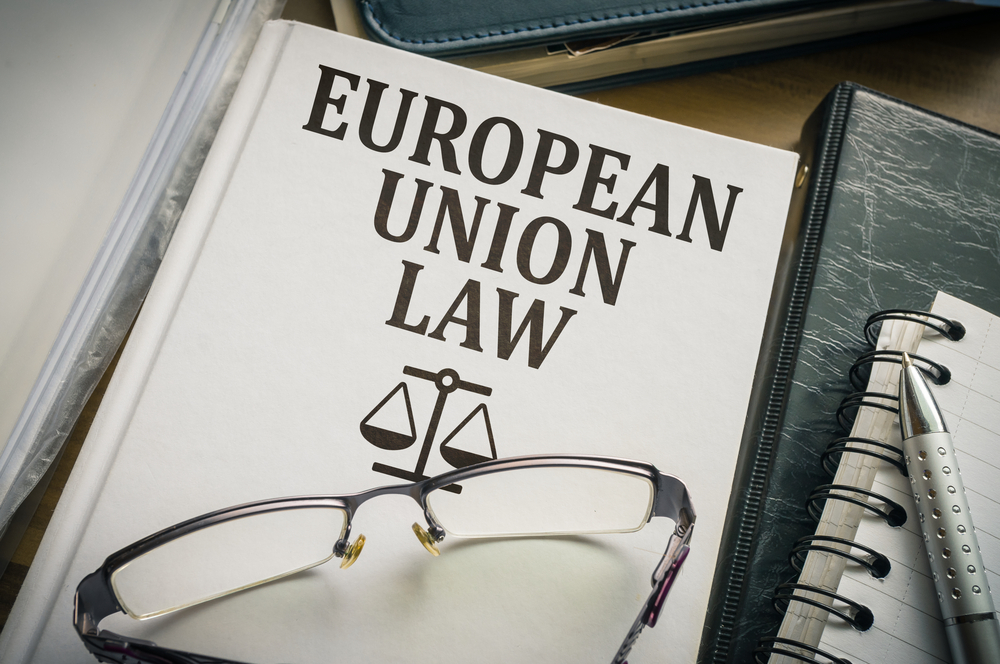On February 6th, the European Court of Justice ruled on the binding effect of a certificate of coverage on a court of a Member State other than that in which the document was issued (C-359/16).
The case concerns a Belgian company active in the construction field, had subcontracted the work at all its sites to Bulgarian undertakings posting workers to Belgium. It was revealed that on the one hand the Belgian company had employed no staff and on the other hand the Bulgarian undertakings carried out no significant activity in Bulgaria.
The Bulgarian authority refused to withdraw the certificates E 101 issued to the workers posted. Relying on various breaches of the national legislation, the Belgian authorities brought legal proceedings against the employers, servants and agents.
The request for preliminary ruling submitted by the Belgian Court of Cassation to the ECJ, brings into question the possibility to annul or to disregard the E 101 certificates.
The ECJ ruling, underlines the balance between the principle of sincere cooperation laid down in Article 4(3) TEU and the principle of prohibition of fraud and abuse of right expressed by the ECJ’s settled case law: the certificate of coverage can be disregarded by a court of the Member State to which workers have been posted.
Pending the proposed amendments to the Regulations 883/2004 and 987/2009, the judgment underlines the overriding value of the principle of prohibition of fraud and abuse of right.
It must be first noted that the question referred to the ECJ concerns the interpretation of Article 11(1) Regulation 574/72 as applicable before its repeal by Article 96(1) Regulation 987/2009. Prima facie, the said article does not preclude a court of another Member State from challenging the validity of a certificate E101, if the required conditions to issue the said certificate are not fulfilled.
The ECJ’s settled case law, and later, Regulation 987/2009 codifying the Court’s case law, affirm the “the binding nature of the E 101 certificate and the exclusive competence of the issuing institution to assess the validity of that certificate, and expressly retaining that procedure as a means of resolving disputes concerning both the accuracy of documents drawn up by the competent institution of a Member State and the determination of the legislation applicable to the worker concerned”
In that extent, the ruling underlines Member State’s right to distinguish between conflict of interpretation and abuse of right:
- If the institutions concerned do not reach an agreement on the question whether the required conditions to issue the certificate of coverage are fulfilled and the Administrative Commission does not succeed in reconciling the points of view, the said certificate cannot be annulled by a court of a Member State other than that in which the document was issued. The Member State in which the employee concerned actually works, may bring infringement proceedings under Article 259 TFEU, in order to enable the Court to examine in those proceedings the question of which legislation applies to such an employee.
- “when an institution of a Member State to which workers have been posted makes an application to the institution that issued E 101 certificates for the review and withdrawal of those certificates in the light of evidence, collected in the course of a judicial investigation, which supports the conclusion that those certificates were fraudulently obtained or relied on, and the issuing institution fails to take that evidence into consideration for the purpose of reviewing the grounds for the issue of those certificates, a national court may, in the context of proceedings brought against persons suspected of having used posted workers ostensibly covered by such certificates, disregard those certificates if, on the basis of that evidence and with due regard to the safeguards inherent in the right to a fair trial which must be granted to those persons, it finds the existence of such fraud”.







Please sign in or register for FREE
If you are a registered user on The Forum for Expatriate Management, please sign in